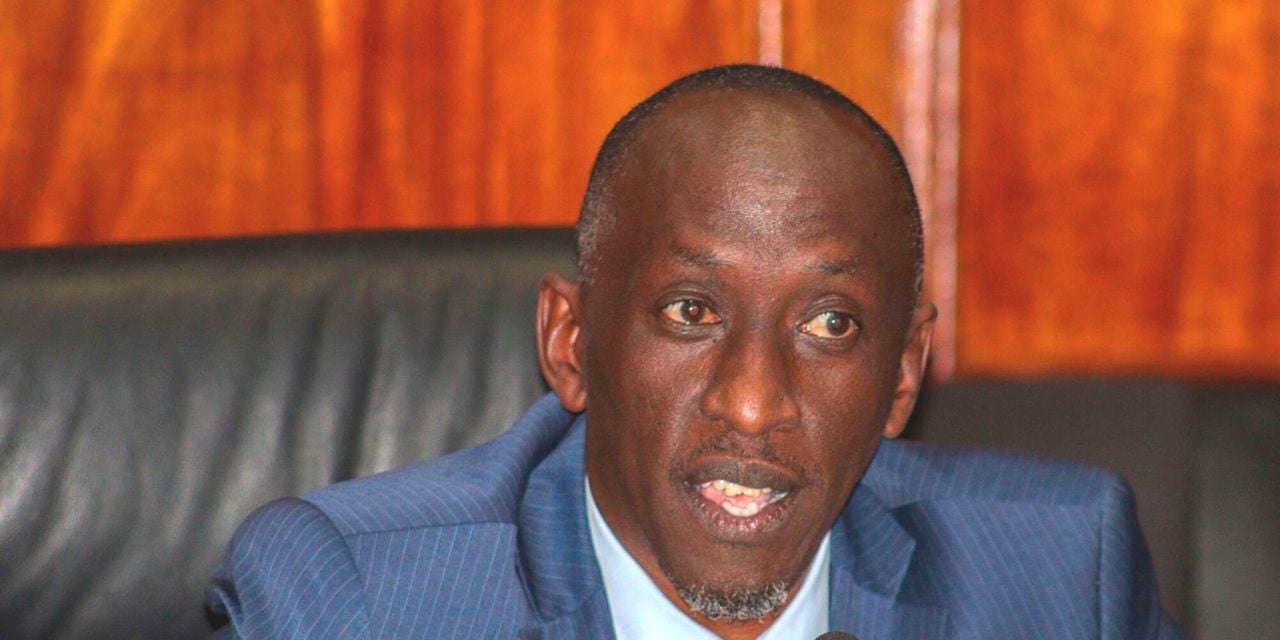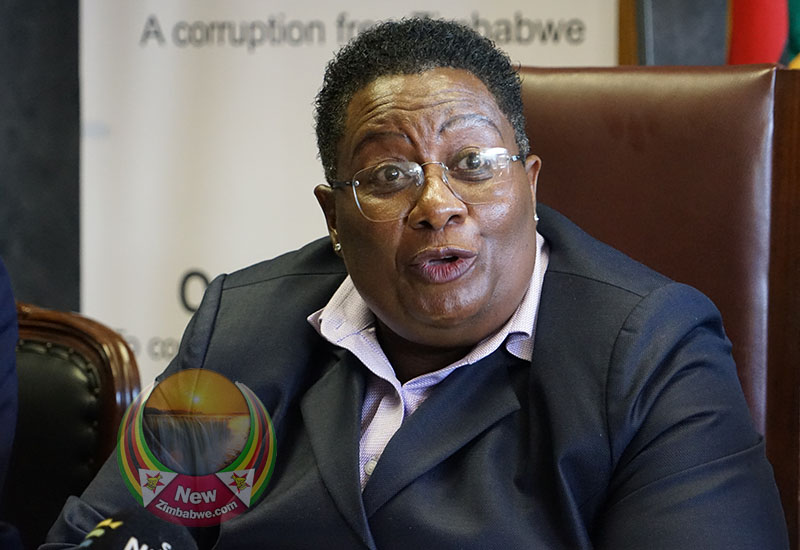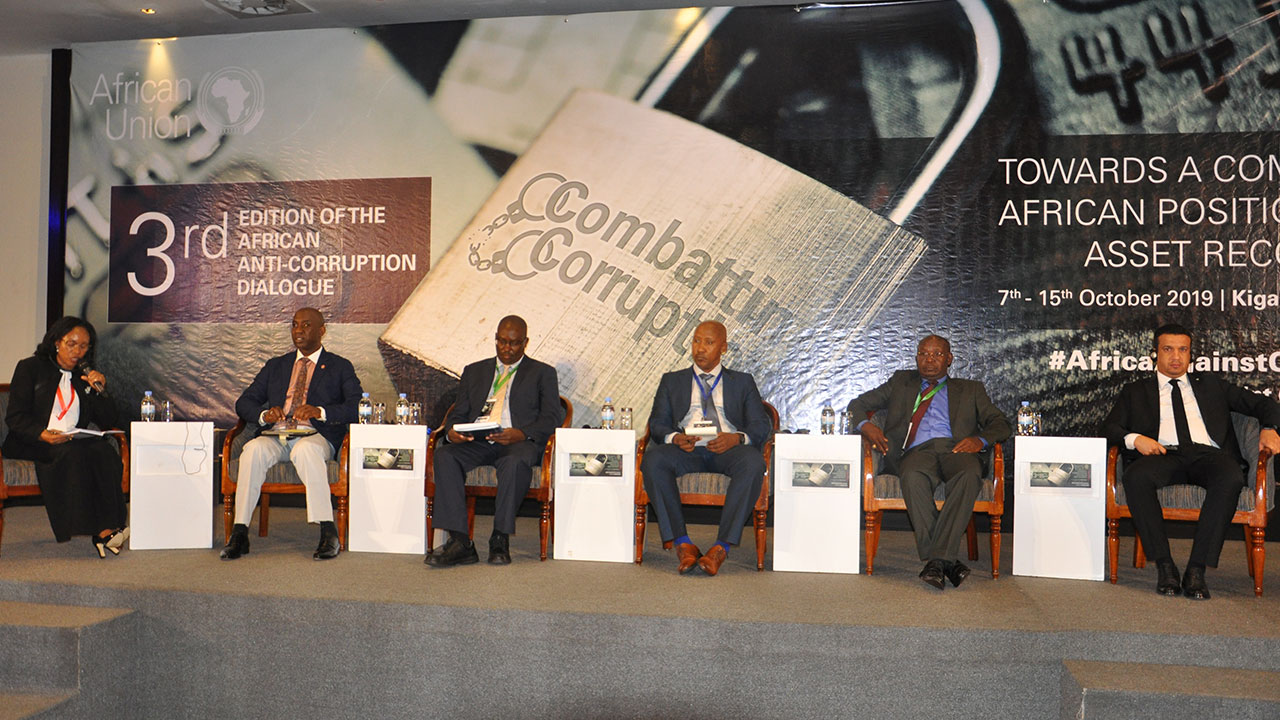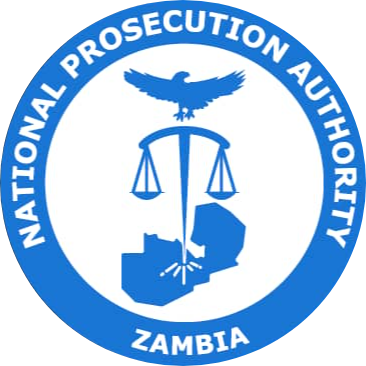UNODC
and ARINSA Host Workshops for Prosecutors and Investigators to Strengthen The Seychelles'
Anti-Money Laundering Efforts.

By Staff Writer 13 June 2024 | UNODC Website
In
an effort to strengthen The Seychelles' ability to combat money laundering and
terrorism financing, the United Nations Office on Drugs and Crime (UNODC) and
the National Prosecuting Authority of South Africa as the joint secretariat of
the Asset Recovery Inter-Agency Network of Southern Africa (ARINSA) organized two
workshops: one for prosecutors and another for investigators. The workshops,
which took place from 3-6 June 2024, aimed to build the capacity of
investigators and prosecutors in applying effective asset confiscation
methodologies and practices.
The
workshops were conducted as part of The Seychelles' membership in ARINSA and
were made possible through the generous support of the U.S. State Department’s
Bureau of International Narcotics and Law Enforcement Affairs (INL). ARINSA is
a regional network established to facilitate intelligence sharing and capacity
building among Southern African countries in the area of asset recovery. As a
member of this network, The Seychelles actively involved and invested in
enhancing the capabilities of its asset recovery practitioners. Through this
program, UNODC supported the workshop by providing platforms for prosecutors
and investigators to enhance their expertise and exchange knowledge on best
practices in the field of asset confiscation. Through a combination of
theoretical and practical training sessions, participants gained insights into
the global transnational nature of asset recovery and the importance of
international cooperation.
The
Prosecutor Placement Programme (PPP), attended by 27 participants from the
Office of the Attorney General, Anti-corruption Commission, and The Seychelles
Revenue Commission, focused on enhancing prosecutorial strategies and
expertise. Meanwhile, the Investigator Placement Programme (IPP), attended by 8
participants from The Seychelles Police Force, Customs division of The
Seychelles Revenue Services, and the Anti-Corruption Commission, aimed to
strengthen investigative skills and practices.
Present
at the opening ceremony, where participants from both programs convened on the
first day, were Attorney General Mr. Frank Ally, Commissioner of Police Mr. Ted
Barbe, Commissioner of the Anti-Corruption Commission of The Seychelles Ms. May
Desilva, Deputy Commissioner of Police Mr. Francis Songoire, and members of The
Seychelles Police Executive Board. During his opening remarks, Commissioner of
Police Mr. Ted Barbe emphasized that financial crimes pose a significant threat
to communities and The Seychelles as a whole.
Participants
in the Prosecutor Placement Programme acquired valuable insights and practical
knowledge in areas such as prosecutorial strategies for addressing money
laundering cases, effective presentation of evidence in court, understanding
and application of relevant legislation, procedures related to unexplained
wealth orders, and handling virtual assets and associated legal challenges.
Participants in the Investigator Placement Programme learned skills in the basics
of asset tracing, collating evidence and joint planning with advocates, beneficial
ownership, and other investigation strategies for identifying and addressing
money laundering cases.
 Commissioner of Police Mr. Ted Barbe during the
opening session.
Commissioner of Police Mr. Ted Barbe during the
opening session.
“Asset
recovery and fighting money laundering is a global phenomenon and in order to
be successful, we need to work together. It is often said that fighting money
laundering and recovering the proceeds of crime is a contact sport.
Relationships between law enforcement agencies across countries are critical to
fighting this crime as well as recovering the proceeds of those crimes. Working
together and sharing best practices and lessons learned therefore puts us in a
much stronger position,”
said Dianne William, NPA of South Africa during the opening ceremony.
Speaking
on the lessons learned, Brigitte Valentin from the Revenue Collection and
Border Security Unit of The Seychelles Revenue Commission said, “We have
been trying to implement the fusion center idea at the airport, but until now
it has not been successful. I will take the example provided to my manager, and
we will see how to proceed as I feel it would be helpful to us.”
Although
the training delivered by South African trainers as part of the peer-to-peer
learning offered by UNODC, they explained foreign laws and international
standards, customizing the training to the needs of The Seychelles. Attendees
were required to bring their country’s asset recovery legislation and cases with
them to engage by discussing their particular legal environment during the
course of the program.
The
two workshops brought great promise for The Seychelles and its efforts to
combat money laundering and terrorism financing. By equipping prosecutors and
investigators with the necessary tools and knowledge, this collaborative
initiative aimed to contribute to a safer and more secure financial environment
in The Seychelles and the wider region.




 Commissioner of Police Mr. Ted Barbe during the
opening session.
Commissioner of Police Mr. Ted Barbe during the
opening session.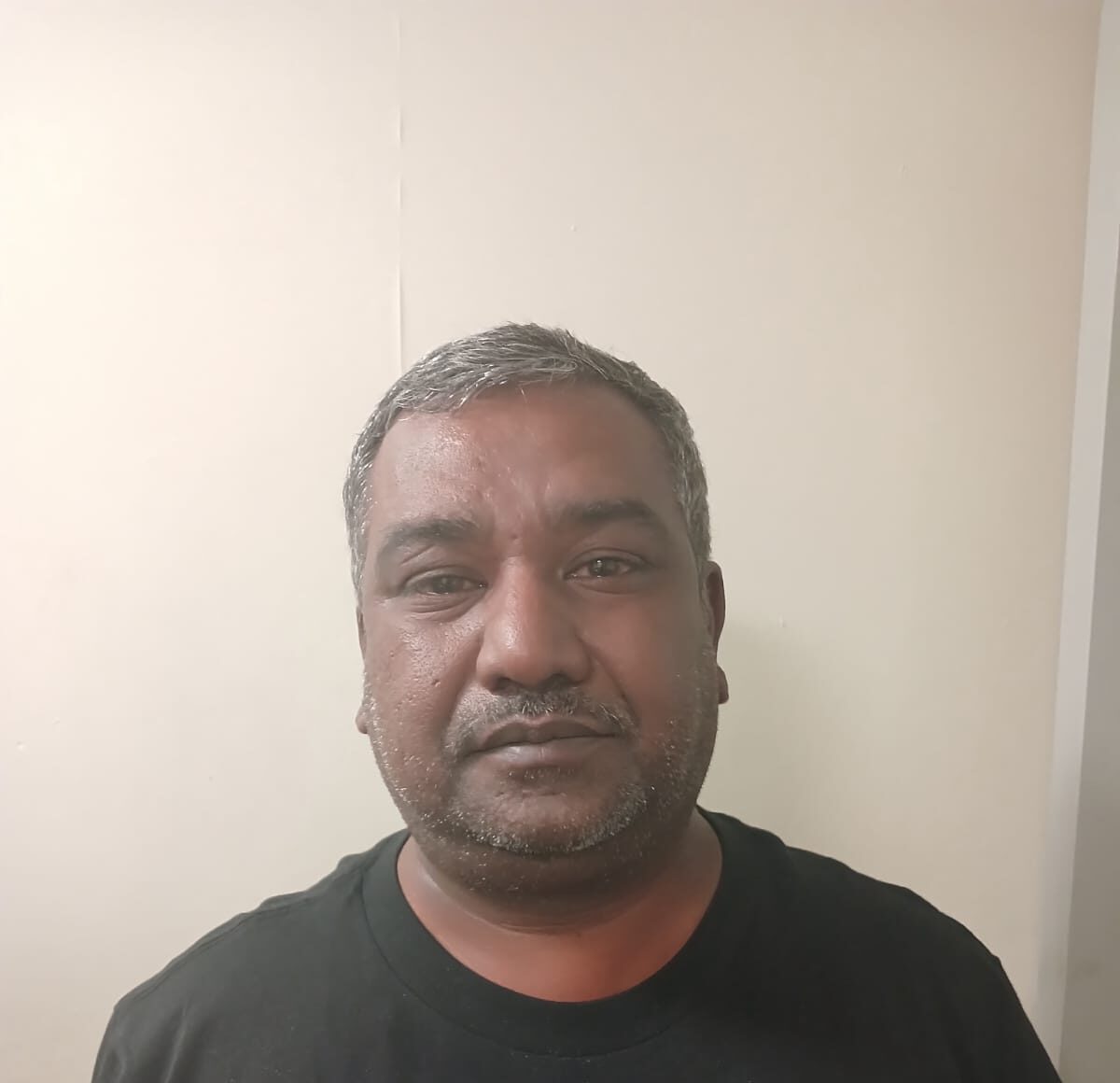
 Michael Philip Adam has been nabbed for his alleged role in a multibillion-dollar Ponzi scheme.
Michael Philip Adam has been nabbed for his alleged role in a multibillion-dollar Ponzi scheme.